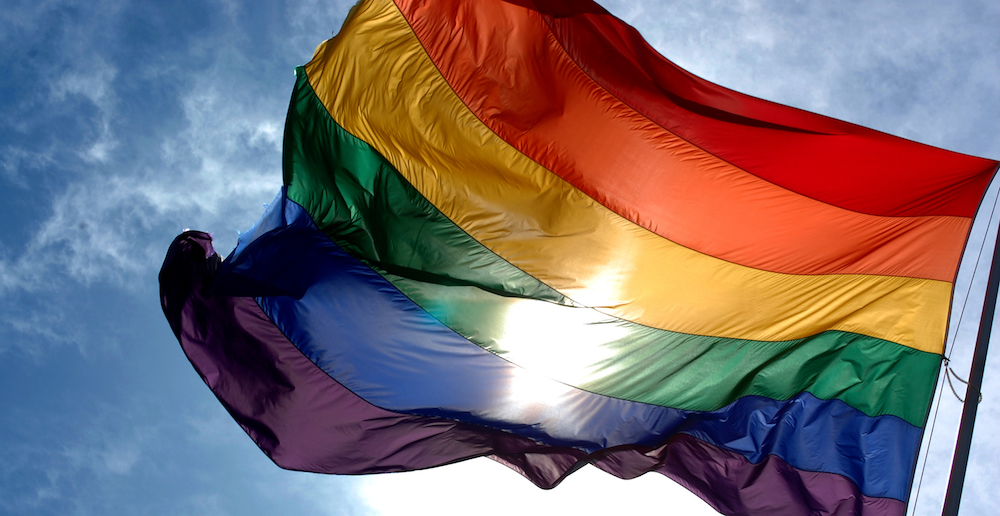Now that our “insane national freak-out” about Indiana’s religious liberty bill has subsided a little, it’s worth stepping back to reflect on what happened and what the drama might mean for religious conservatives. Ross Douthat said nearly everything that needs to be said in his two posts; I note up front that I agree with his substantive analysis of the law completely, and am inclined to agree with him on the question of making cakes.
Login to read more
Sign in or create a free account to access Subscriber-only content.
Topics:
